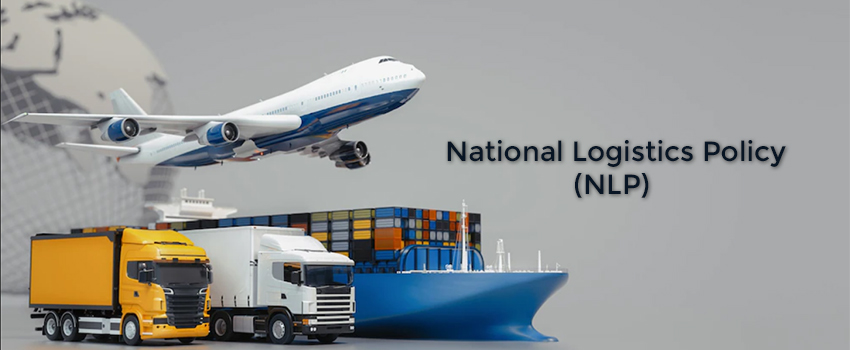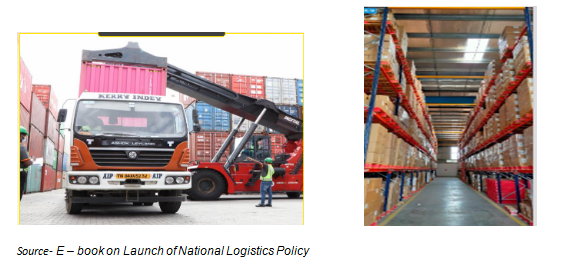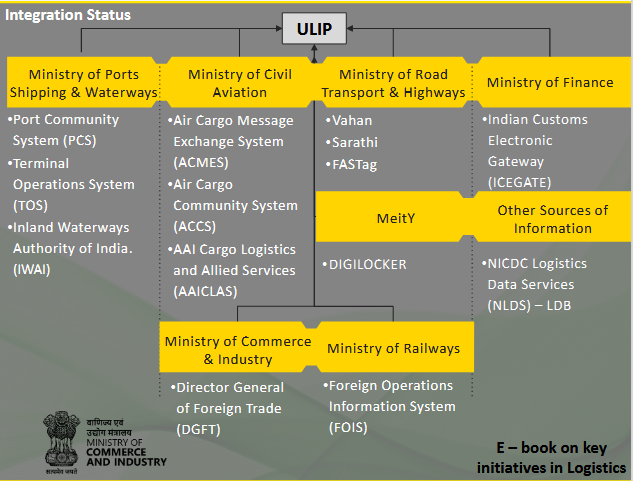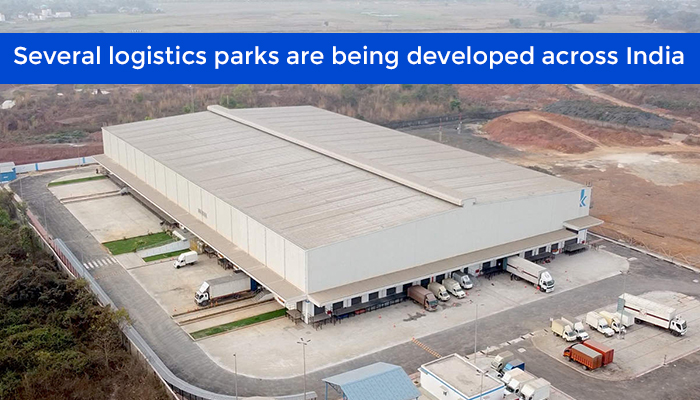The recent flow of policies and incentives launched by the government towards improving the logistics ecosystem in India, from infrastructure to technological segment is overwhelming. These policies are drafted to make India’s logistics sector globally competitive and help businesses grow. We have highlighted some points and how these will help our various companies operating in the Logistic sector.
National Logistics Policy (NLP) was launched on 17 Sep 22, where the government emphasized the need to reduce logistics costs from the current 14% of GDP and bring it to global standards of 8-10% by 2030. The policy is aimed at reducing cost and inefficiencies in the logistics sector while developing a technologically enabled and integrated logistics ecosystem for sustainable growth. NLP will complement PM GatiShakti National Master Plan (PMGS-NMP) which was launched to provide multimodal connectivity and infrastructure to various economic zones, to make Indian businesses competitive.
A Unified Logistics Interface Platform (ULIP) has also been identified to bring all digital services related to transportation into a single portal, where data exchange between various government entities/ministries and private players, along with unified document reference will help ease the process and improve efficiencies.
The Railway ministry also pushed the Dedicated Freight Corridor (DFC) connecting various ports with industrial cities and several micro rail routes to improve cost efficiencies.
NLP aims towards standardization of physical assets & benchmarking service quality standards. It focuses on interoperability, handling risks, process optimization, and ease of doing business by working towards uniform infrastructure and digitalization of processes.
The recently launched PLI scheme of 11,484 Cr for container production will help reduce dependency on China, while also lowering cost and volatility in container availability. We are providing our portfolio companies growth as well as optimizing the cost of ICD/CFS, to make them globally competitive.
Several logistics parks are being developed across India, which would bring in more efficiency and reduce the turnaround time for transportation.
The government reported that the unorganized sector amounts to over 90% of the logistics sector; this provides companies operating in the organized sector with a huge opportunity.
CONCOR – CONCOR is a leader in rail transport for inland container transport at Ports, air cargoes, and cold chains. The policy aimed toward container production and freight corridor will improve CONCORs efficiency and margins. It will also help improve Export-Import (EXIM) and domestic trade volumes.
Mahindra Logistics Ltd (MLL) – MLLs operations supply chain management segment are going to get a lift as standardization of warehousing, DFC, and ULIP get implemented. With a target of making domestic businesses competitive, cost reduction, and quality infrastructure, MLL will achieve higher efficiency as volumes and EXIM freight forwarding grow.
Gujarat Pipavav Ltd (GPL) – GPL is engaged in providing port services such as material handling and storage operations. Also provides inland container transport for bulk and liquid cargo with the highest railway use (70%) for transport among all ports in the country. DFC, container production, and ULIP will help reduce port congestion, container shortage, and data exchange allowing GPL to improve efficiency and volumes in both domestic and EXIM segments.
Allcargo Logistics – Allcargo with its grade-A warehousing, SCM, and last-mile delivery will benefit from ULIP for faster and optimum utilization. ULIP will also allow Allcargo to access data from various entities for higher revenue growth.
Various other companies in the logistics sector ecosystem are going to benefit from these policies.
Best Stocks From:
Nifty 50 Nifty Next 50 Nifty 100 Nifty 200 Nifty 500 Nifty Financial Services SmallCap 250 MidCap 100
Need help on Investing? And more….Puchho Befikar
Why MoneyWorks4me | Call: 020 6725 8333 | WhatsApp: 9860359463













